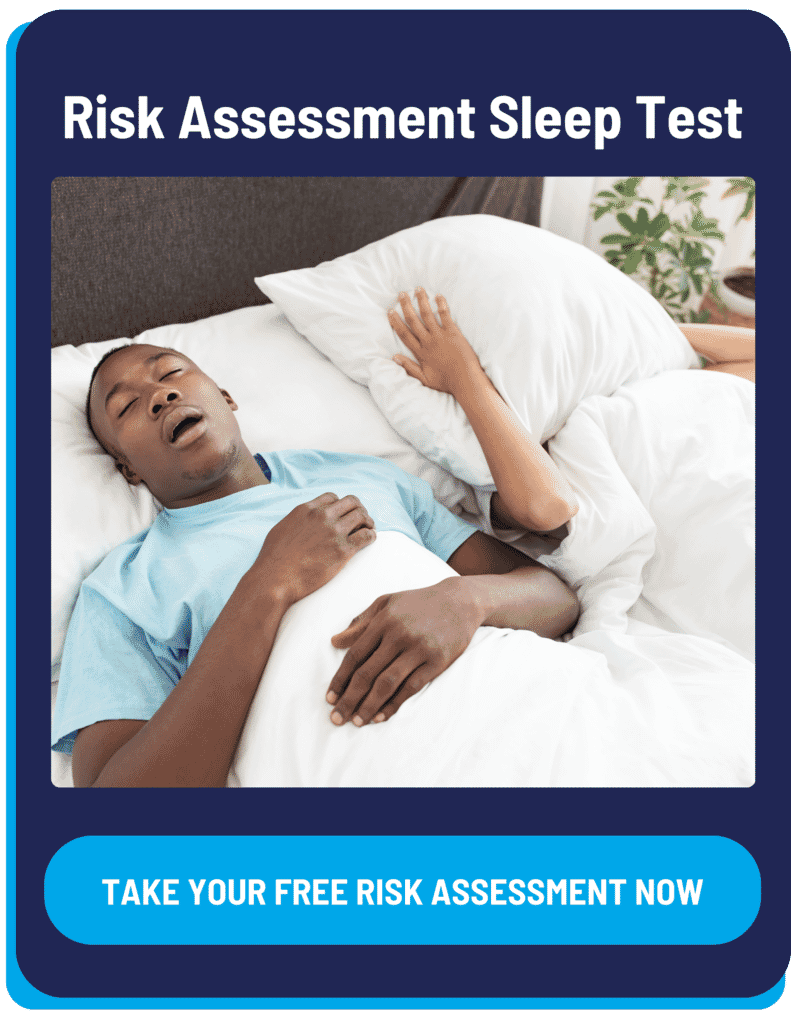 What Is Bariatric Surgery?
What Is Bariatric Surgery?
Gastric bypass and other weight-loss surgeries — known collectively as bariatric surgery — involve making changes to your digestive system to help you lose weight. Bariatric surgery is done when diet and exercise haven’t worked or when you have serious health problems because of your weight. Some procedures limit how much a person can eat. Other procedures work by reducing the body’s ability to absorb nutrients. Some procedures do both. Learn more about how these procedures impact sleep apnea.
How Is Weight Loss Related to Sleep?
Sleep deprivation can cause an imbalance in key hunger hormones and your metabolism will suffer in response. Lack of sleep can also decrease the amount of energy your body can use to burn calories. So, instead of turning the majority of the calories, you eat into fuel, your body ends up storing those calories as fat.
Contrary to what you may think, your body isn’t inactive while you sleep, it’s hard at work. While sleeping, your body repairs cells and tissues, clears toxins and impurities, and burns calories. An average 150-pound person burns a whopping 440 calories over a seven-hour night of rest—an equivalent of a 30- to 40-minute jog on the treadmill. Plus, if you work out or try fasted exercise, sleep increases your muscles’ blood flow to aid repair and recovery.
Can Bariatric Surgery Be a Treatment for Sleep Apnea?
While bariatric surgery is not always the first course of action for treating sleep apnea, the loss of extra body weight can improve sleep and may reduce the symptoms of sleep apnea.
Many sleep apnea patients suffer from obesity. The extra weight usually leads to excess fatty tissue around the throat, which can put a strain on the airway and cause sleep apnea symptoms. A person with sleep apnea may find that their symptoms have also reduced after bariatric surgery with the fatty tissue removed or reduced. While bariatric surgery is not the first preferred treatment for sleep apnea it can have residual beneficial effects for sleep apnea patients.
More effective treatment for sleep apnea would include CPAP therapy or lifestyle changes to reduce symptoms.
Role Of Bariatric Surgeons in Bariatric Surgery
Bariatric surgeons will evaluate whether bariatric surgery is right for you. Often other weight loss options without surgery are the first course of action. Weight loss drugs, exercise, and a strict diet can help resolve weight issues without surgery.
Often bariatric surgeons will resolve that the best course of action is surgery if the obesity is causing drastic and life-threatening health issues or if all other courses of treatment have failed to provide results.
Impact Of Bariatric Surgery on Obstructive Sleep Apnea
While the relationship between obesity and obstructive sleep apnea is clear, the question is whether bariatric surgery should be used as a direct treatment for OSA. Most likely, doctors will recommend other lifestyle changes to help reduce weight such as diet and exercise before choosing surgery. These lifestyle changes may also reduce the frequency of OSA symptoms.
A doctor may also recommend the use of CPAP therapy to treat the OSA. CPAP therapy is one of the most common methods for managing sleep apnea and may be the best and least invasive course of treatment over bariatric surgery.
In some instances, bariatric surgery may be the only treatment option left after all else has failed. The good news for those who have not seen positive results with other treatments for OSA is that bariatric procedures achieved profound effects on OSA, as over 75% of patients saw at least an improvement in their sleep apnea. A type of bariatric surgery known as BDP was the most successful procedure in improving or resolving OSA, with laparoscopic adjustable gastric banding being the least. So clearly bariatric surgery can be a treatment for obstructive sleep apnea, regardless of the specific type.
How to Test for Sleep Apnea After a Bariatric Surgery
Patients of OSA who have had bariatric surgery may notice the difference in sleep right away after the procedure. Patients may exhibit less frequent symptoms such as loud snoring, waking at night gasping, or morning headaches. They may find they are more refreshed in the morning. Another way to see if bariatric surgery has had a positive effect on sleep apnea is to take a home sleep test. If you had sleep apnea in the past, a home sleep test may yield more positive results post-surgery.




